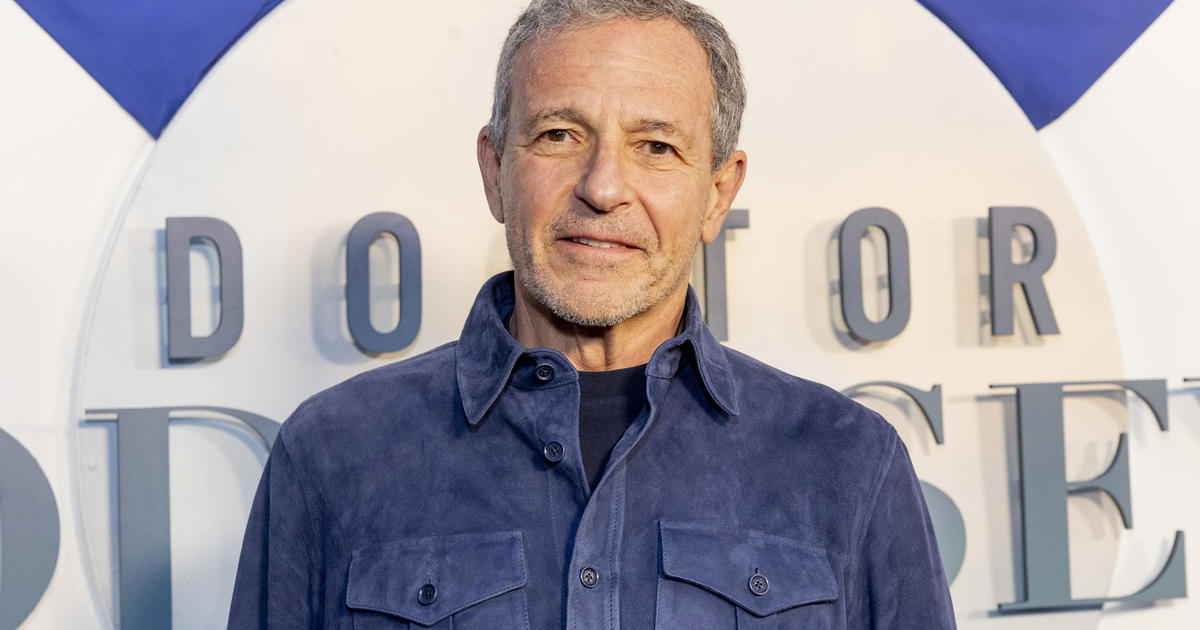The Walt Disney Company, a global entertainment giant, has recently made significant announcements regarding its leadership succession plan. Following the return of Bob Iger as CEO in 2022, a period marked by significant restructuring and cost-cutting measures, including a substantial workforce reduction of 7,000 employees, the company has now provided a timeline for the selection and announcement of his successor. This strategic move follows a period of uncertainty and restructuring, fueled by both internal challenges and external pressures from activist investors. The company’s actions highlight its commitment to a smooth transition and the importance of securing a robust leadership pipeline. This strategic transition underscores the company’s commitment to long-term stability and growth, balancing the need for immediate action with careful consideration for the future. The announcement of Iger’s successor’s unveiling in early 2026 provides ample time for a comprehensive selection process and ensures a seamless transition of leadership.
Disney’s CEO Succession Plan: A Timeline for Change
The Announcement and its Significance
Disney’s announcement that Bob Iger’s successor will be named in early 2026 provides clarity amidst considerable speculation. This timeframe offers a measured approach to selecting a new CEO, allowing sufficient time for a thorough evaluation of potential candidates. This is not merely a simple replacement; it’s a crucial strategic decision impacting Disney’s long-term trajectory. The decision considers not only the individual’s qualifications but also the broader context of Disney’s evolving business environment, including competition, technological disruption, and the demands of a diverse global audience. This careful and considered process ensures a successful handover, minimizing any potential disruptions to the company’s operations and overall strategic direction. The deliberate timeline shows the board’s seriousness and its desire for a seamless, thoughtful process, rather than rushing to fill a high-profile position.
The Role of the Succession Planning Committee
The involvement of a dedicated succession planning committee underlines Disney’s commitment to a rigorous and thorough selection process. This committee will likely play a key role in defining the qualities and expertise required for the next CEO, identifying potential candidates, evaluating their leadership abilities, and conducting the necessary due diligence. The committee will probably employ various selection methods, including interviews, background checks, and assessments of leadership styles. The goal isn’t simply to find a replacement for Bob Iger but to find an individual who can continue leading the company during a dynamic and challenging time for the media industry. The committee’s process ensures the chosen successor is capable not only of navigating current challenges but also leading innovation in a swiftly changing industry landscape.
James Gorman’s Appointment as Chairman
A Shift in Leadership at the Top
The appointment of James Gorman, former CEO and current executive chairman of Morgan Stanley, as Disney’s new chairman further strengthens the company’s leadership structure. Gorman brings a wealth of experience in financial management and strategic leadership, qualities that are highly valued given the scale and complexity of Disney’s operations. This appointment complements the planned CEO transition by providing strong leadership at the board level, a role that is equally crucial during periods of significant change. Gorman’s expertise in finance will undoubtedly be helpful for navigating the economic complexities of the media industry and will provide support for the incoming CEO.
Navigating Change and Continuity
Gorman’s addition to the board reinforces the stability required during this transitional phase. The experience he brings ensures both experienced guidance during the transition and a continued focus on financial prudence and responsible leadership. This underscores a calculated strategy; having someone adept at financial and strategic planning during this transitional phase reinforces financial strength during the coming leadership change. His experience with financial operations could be beneficial given the industry-wide financial changes and challenges. It also emphasizes the deliberate strategy employed by Disney’s leadership to ensure business continuity and to support the next CEO in navigating complex challenges.
The Future of Disney Under New Leadership
Challenges and Opportunities Ahead
The next CEO of Disney will inherit both substantial challenges and significant opportunities. The media landscape continues to be intensely competitive, demanding adaptation to shifting consumer preferences and technological innovation. Addressing ongoing challenges and opportunities for Disney in streaming, theme parks, and content production is crucial. This will include tackling financial challenges in a changing media landscape and fostering innovation for various entertainment branches, while carefully navigating shareholder relations and activist investors.
Expectations for the New CEO
The incoming CEO will need strong leadership skills and be a visionary who can set and execute strategic priorities that will set the company on a clear path for long-term success. Strong leadership, financial acumen, a strong understanding of the media landscape, and strategic capabilities are crucial qualities for any CEO during an intensely challenging time. The selected CEO will face significant challenges that need clear thinking and skillful execution. Balancing creativity and profitability will also be important for future growth in a volatile market.
Take Away Points:
- Disney’s planned CEO succession is a measured approach that demonstrates its dedication to a long-term vision.
- The announcement of the successor’s appointment in early 2026 ensures the transition will be well managed and the company remains stable.
- The addition of James Gorman as chairman adds financial expertise and supports the overall leadership stability needed during the succession process.
- The future CEO will need to have strong financial management skills, strong leadership qualities, and visionary thinking to navigate the company’s challenging and potentially unstable situation successfully.




